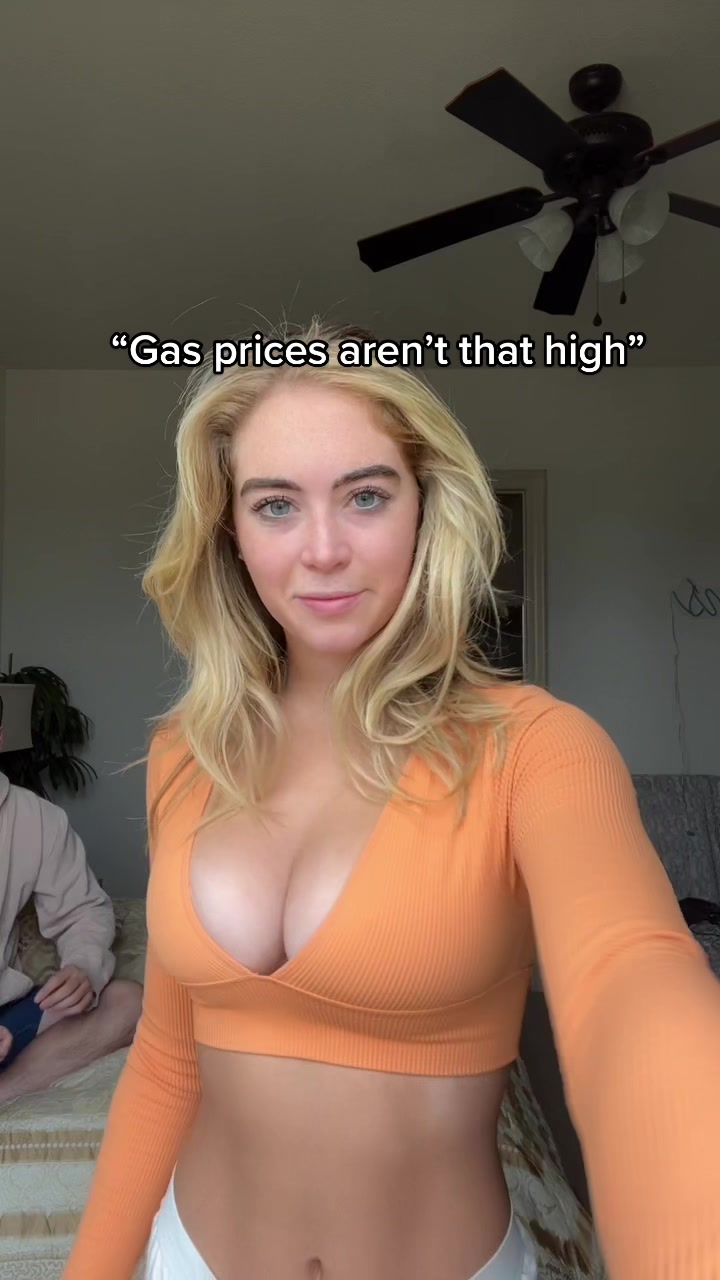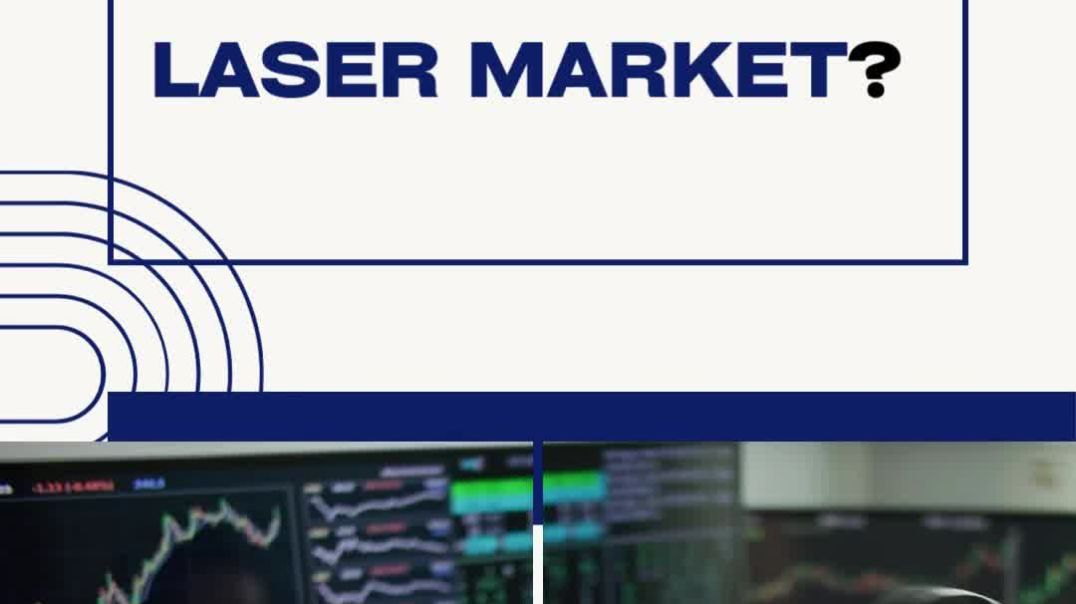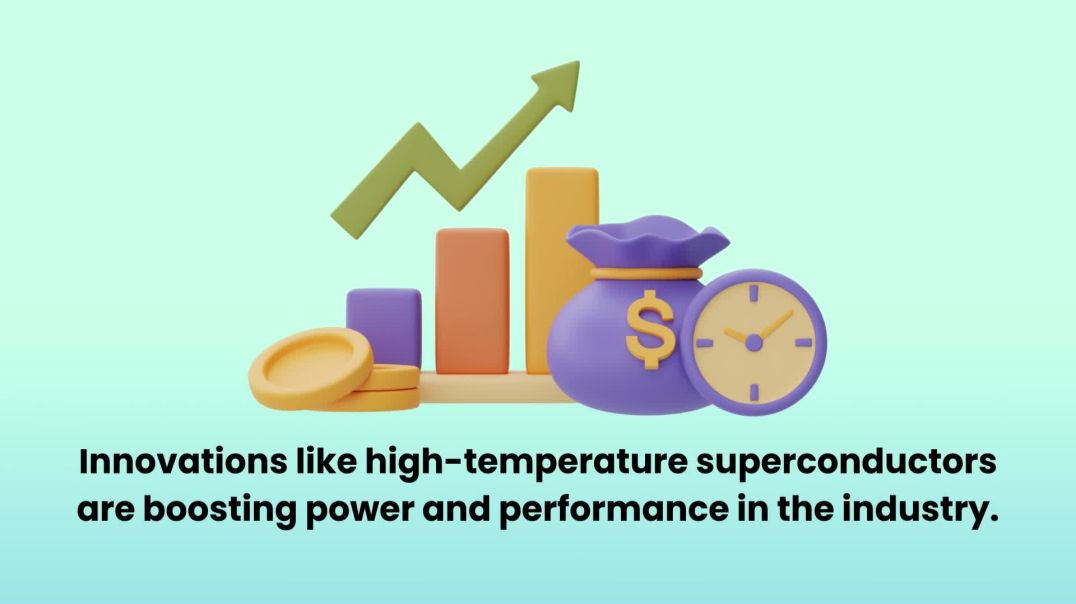8 Views· 29 June 2022
Michael Burry Warns Of An Upcoming Frightening Market Crash & Bets Big On It
Interested in seeing my full portfolio with explanations along with buy and sell alerts? Join our Patreon community here: https://www.patreon.com/casgains
In this video, I cover why Michael Burry is betting big on an inflationary market crash.
My Second Channel:
https://www.youtube.com/channe....l/UCPkDot_lMk7HB_c68
Twitter: https://twitter.com/casgains
Instagram: https://www.instagram.com/casgainsacademy/
Soundtracks provided by LCS, Nanobyte, Emphermal, Defyant, and Lakey Inspired
Copyright Disclaimer Under Section 107 of the Copyright Act 1976: All rights belong to their respective owners.
Disclaimer: I am not a financial advisor and the content in this video should not be taken as financial advice. Always do your own due diligence and act based on your own research.
As of right now, Michael Burry is known for two actions he’s done over his lifetime: the first action is being part of the Big Short and making tons of money by shorting the housing market before the 2008 recession. The second more recent movement was when he bet big against Tesla. Yet, behind this, a lot is going on, including a vast amount of large bets on certain asset classes and Burry actually deleting his Twitter account. In this video, I’ll cover why Michael Burry is warning of the potential of a huge stock market movement and whether I personally believe there’s any substance behind these predictions. Welcome to Casgains Academy. If you’re new to the channel, please consider subscribing for more content like this, and let’s get right into it.
A lot of you likely know Michael Burry for shorting the housing market before the 2008 recession, but he’s actually been in the investment space for much longer than 2008. In fact, he has actually done quite well in the previous years that he managed his fund, Scion Capital. As you can see in this image that dates back to the first quarter of 2008, Michael Burry generated massive returns before the 2008 housing bubble. There are four columns here: the year, the gross return, the net return, and the S&P 500. The gross return is the return he had before his performance fees and the net return is his return after the performance fees.
Even net of fees, Michael Burry was able to beat the market most of the time. In the end, he returned 472.4% since the inception of his fund, which was much more than the S&P 500’s corresponding return of just 5%. Clearly, Michael Burry is fantastic at spotting and betting on short-term trends, which is why I believe we should all at least pay attention to what he does and says. Now, you might think that Michael Burry’s latest bet against Tesla was because he doesn’t believe in Tesla stock as a long-term investment opportunity. However, the truth is that Michael’s bet against Tesla was simply just one bet out of many on a major stock market movement. With that being said, let me explain what I mean by that. Unless if you’ve been living under a rock, you’d know that the US government has printed a substantial amount of money over the past few months. With this massive increase in the money supply, Michael Burry believes that there’s a huge macroeconomic trend occurring right now, which ultimately ties to two words: speculation and inflation. In order to gain some context clues as to what macroeconomic trend he’s betting on we need to go back to what happened with Michael Burry’s Twitter drama. If you haven’t heard of that before, Burry was putting out tweets in early 2021 that ended up leading the SEC to pay him a visit. Because of this, he deleted his Twitter account. First of all, to start with speculation, he believes that the “speculative stock bubbles ultimately see the gamblers take on too much debt.” In other words, investors are purchasing too much stock with loans, which is better known as margin. When a lot of investors are investing on margin, a stock market crash is inevitable due to margin calls. A margin call is when investors on margin are forced to pay back their loans when their margin account ends up being low on funds. When this happens, these investors have two choices: to sell stocks in order to cover the loans or to deposit money in their account. Both choices negatively impact the market. If investors sell stocks, the market goes down and if investors have to deposit money in their account, then they don’t have as much money to buy stocks, which lowers the buying activity. The problem is that when this happens, a cycle happens. The market drops lower, which leads more investors on margin to get margin calls. When more investors get margin calls, then the market drops lower, which leads more investors to get margin calls, leading the market to drop even lower. (Do an animation to show how there’s a cycle occurring). As you can see, more margin means that market crashes become exaggerated. Even a sliver of bad news could drop the market by a significant amount by starting this cycle.



























0 Comments